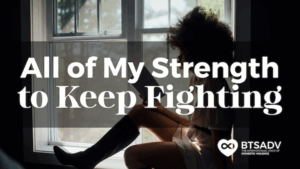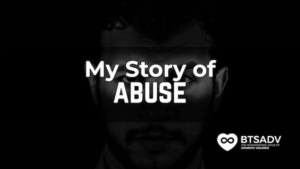By Joanna Kopic
Ever wondered why survivors are left with unfinished stories? For many survivors, the deepest wounds are not the bruises, the threats, or even the moments of fear.
They are the unanswered questions that linger long after the relationship ends. When we talk about “unfinished stories,” it’s rarely about wanting the abuser back.
It’s the ache of not understanding why someone who claimed to love you could also harm you. It’s the longing for a moment of honesty, accountability, or acknowledgement that never comes.
The Unfinished Stories of Everyday Women
Abusive relationships rarely end cleanly.
They end in chaos, confusion, and emotional whiplash. Survivors are often left holding all the pieces, trying to make sense of a story the abuser never intended to explain. Closure becomes something you have to create in a situation built to deny you any. It creates the unfinished stories of survivors.
Trauma Bonding
A major reason this feels so painful is the cycle of a trauma bond.
Abusive relationships operate on highs and lows: affection followed by fear, apologies followed by more harm. That rollercoaster creates a powerful neurological bond that makes the ending feel even more confusing.
Your brain learned to wait for the “good” to return, which means the final silence feels like a withdrawal. Even when the survivor logically knows the relationship was harmful, their body can still crave the emotional pattern.
This is why unfinished business, or unfinished stories, can feel like grief. You’re grieving not just the person, but the version of them you hoped existed, the one who would eventually say “I’m sorry,” or “It wasn’t your fault,” or “I should have done better.”
“That version rarely appears.”
Abuse thrives on denial, minimization, and avoidance. Closure is almost never offered because accountability would require empathy, responsibility, and willingness to change, traits abusers often do not have.
Survivors may find themselves replaying conversations, wondering if they overreacted or if there was something left to say or do. This is not weakness. It is your nervous system trying to sort out a story that never had a clear ending.
Can We Have Closure?
Healing requires shifting the definition of closure. Instead of waiting for the abuser to acknowledge the harm, survivors can reclaim closure as something internal: clarity, boundaries, and the understanding that the story ended when the abuse began. Closure may come from therapy, community, or simply the decision that you no longer want to carry what they handed you.
Unfinished business does not mean something is wrong with you. It means you were denied the honesty and safety you deserved. And it means your healing is not behind. You are simply navigating the aftermath of a relationship where the other person never intended to give you truth.
It is possible to move forward, even without the apology you deserved.
Check These Resources:
- Therapeutic Interventions for Healing From Domestic Violence
- The Hidden Impact of Teen Dating Violence
- Find Support with BTSADV
Support Line
Other Resources and Information:



